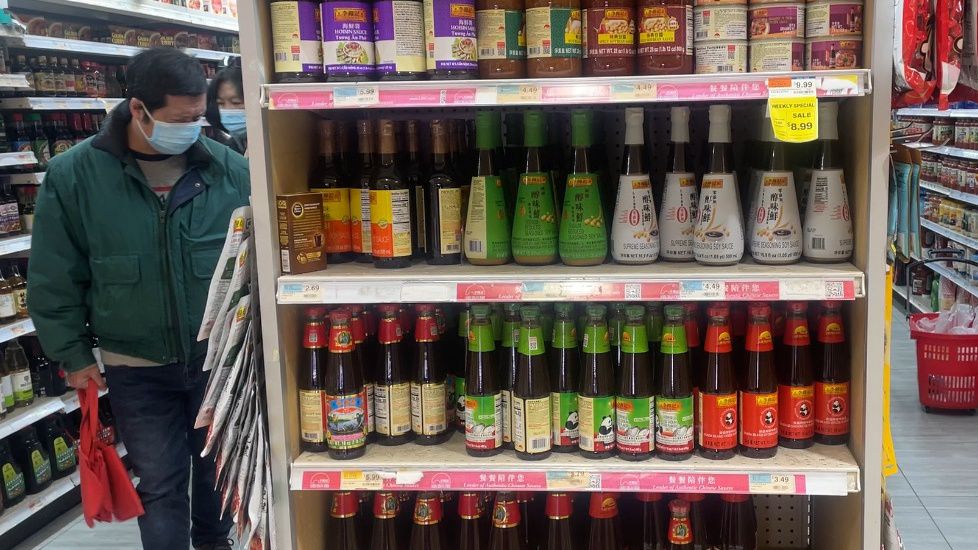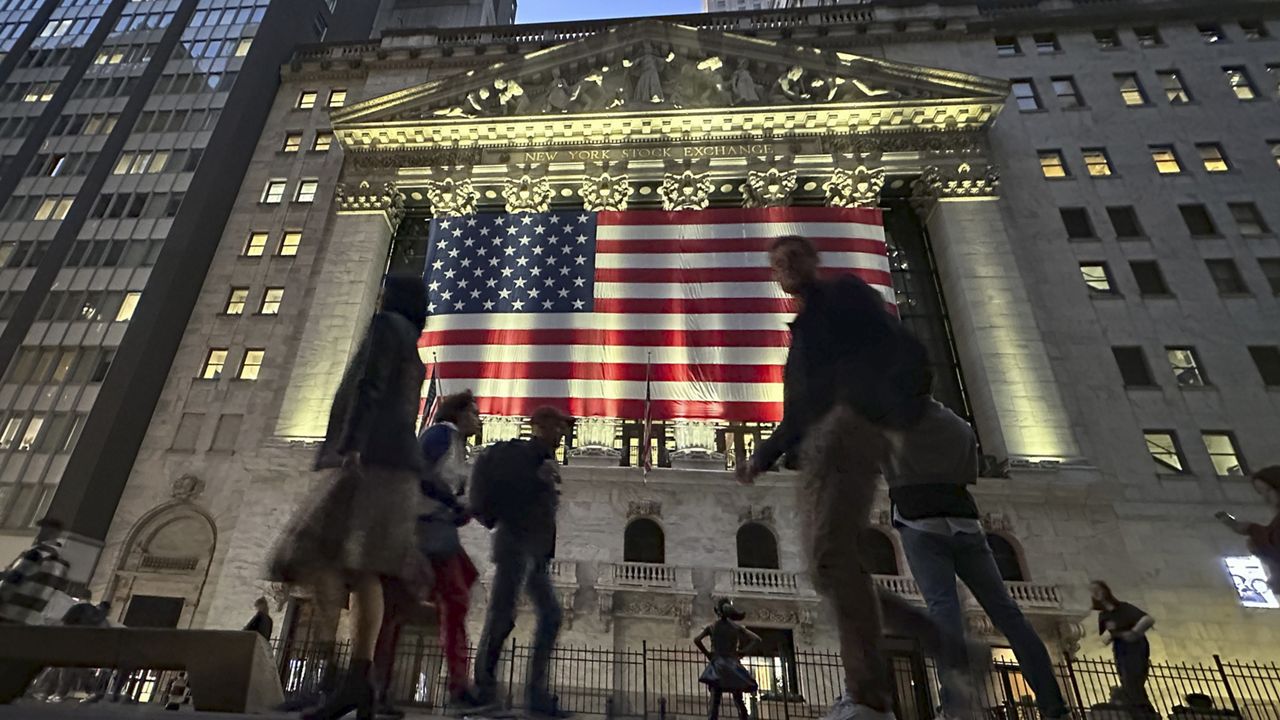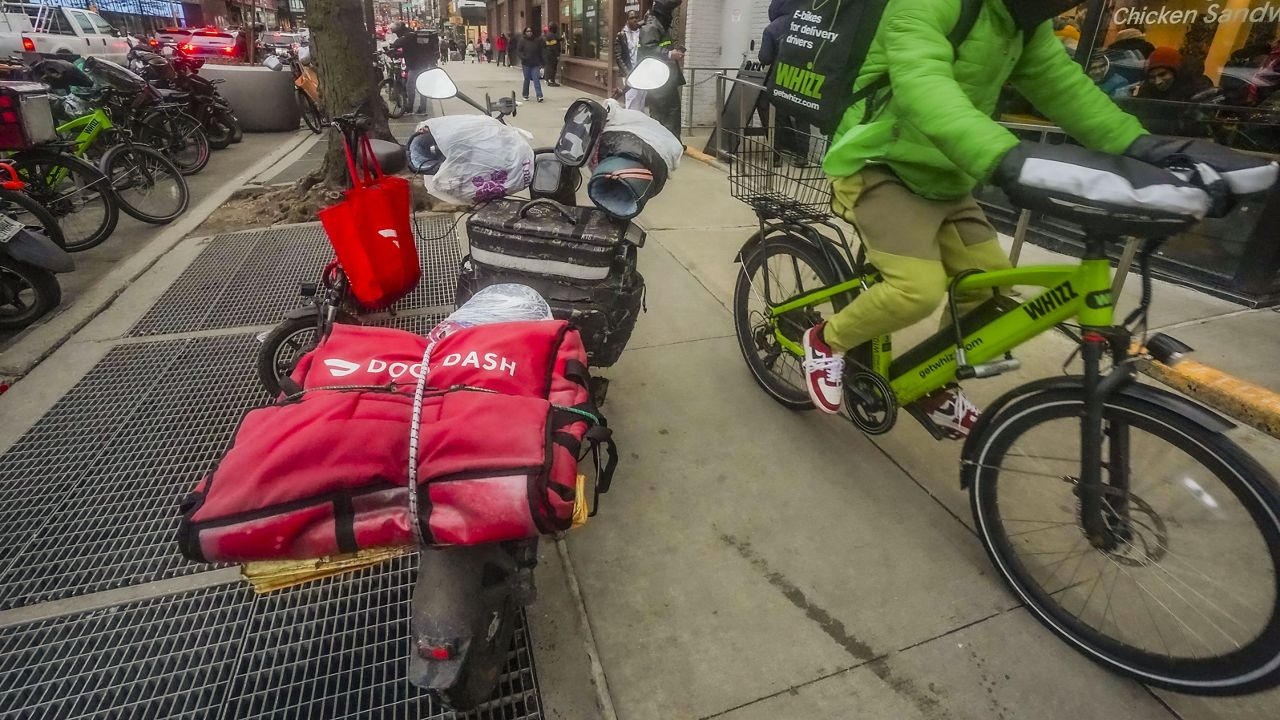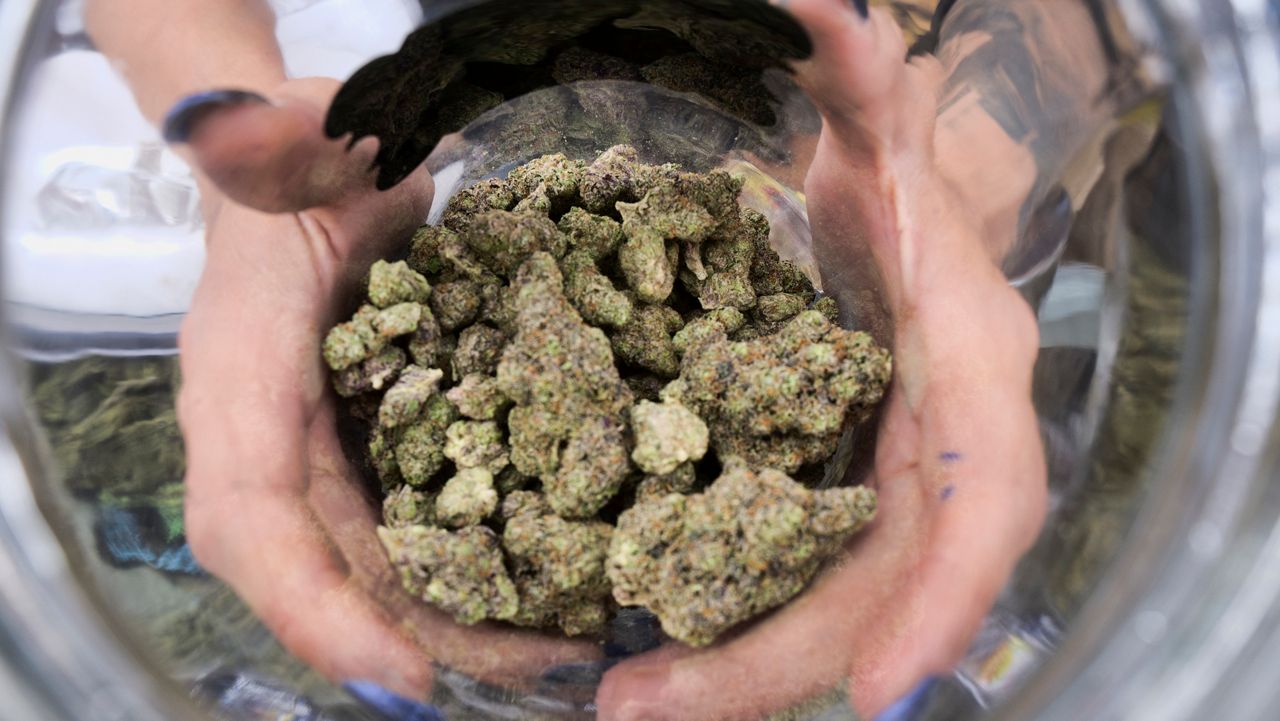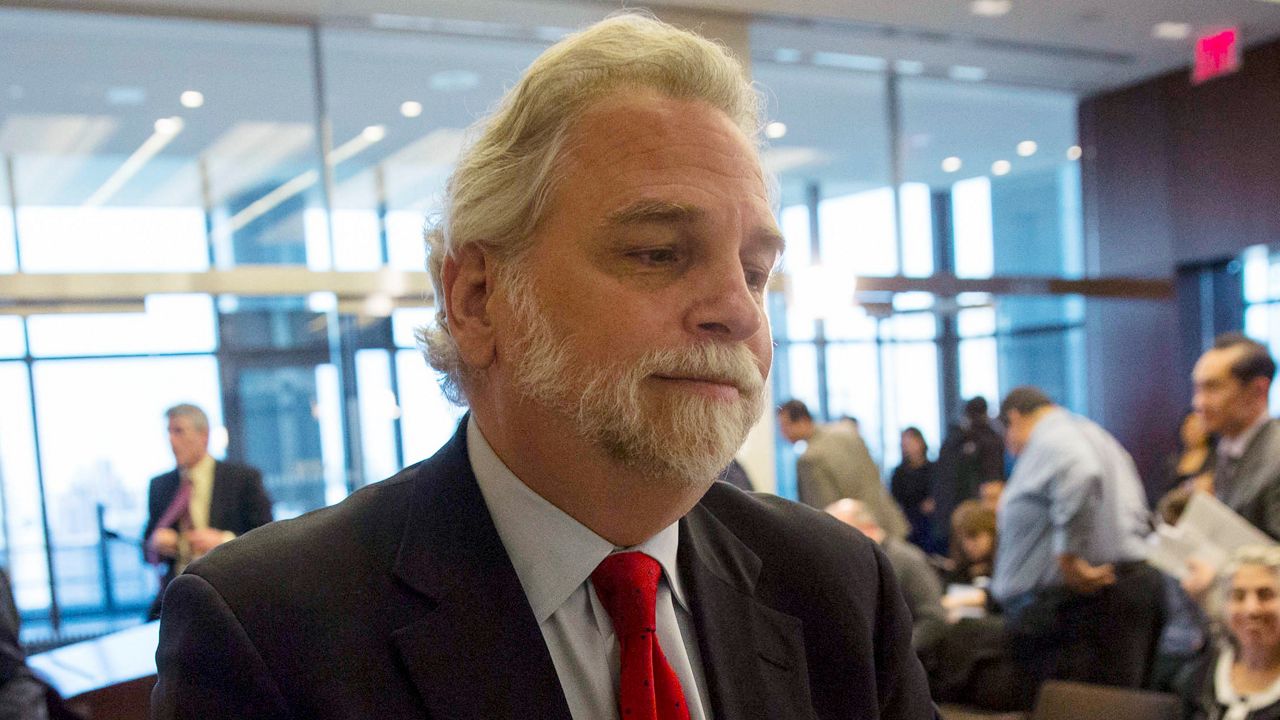After President Donald Trump suspended tariffs on most of the world Wednesday, he hiked them on China — escalating an ongoing trade war.
The volatility has made it difficult for businesses that import products from China, like toys.
What You Need To Know
- After President Donald Trump suspended tariffs on most of the world Wednesday, he hiked them on China — escalating an ongoing trade war
- The volatility has made it difficult for businesses that import products from China, like toys
- President Trump’s tariffs on Chinese goods totaled 145% as of Friday
- China has retaliated with its own tariffs and countermeasures, announcing Friday it will raise tariffs on U.S. goods from 84% to 125%
Dolls, bikes, legos, electronics and more are sold at Mary Arnold Toys — located on Manhattan’s Upper East Side.
Owner Ezra Ishayik said 85% of the products the store sells are imported from China.
Ishayik, who runs the business with his daughter, said if the trade war with China continues to escalate, they think the 5-7% price increases they’re already paying could skyrocket.
President Trump’s tariffs on Chinese goods totaled 145% as of Friday.
“No way we could pass a 100% increase,” Ishayak said. “Part of it is going to be like 25%. We cannot absorb 25, we’ll have to raise 25% and that would be terrible.”
That could mean higher prices for customers down the line, perhaps during the holidays.
“If tariffs affect the toys that are produced overseas, it’s going to cost us a lot more money to buy gifts for children at Christmastime and Hanukkah,” Rob Snyder, who lives in the neighborhood, said.
Ishayik said he is currently doubling the quantity of his orders for Chinese products before prices rise further. Consumers who are hoping to avoid paying more might consider buying now to save later.
Still, Mary Arnold Toys has been in business for 96 years. After experiencing nearly a century of economic ups and downs, including the COVID-19 pandemic, Ishayik is confident his business can survive a trade war between the world’s two largest economies.
“It will be very expensive,” Ishayik said. “But I don’t think it will continue. Someone is going to blink.”
China has retaliated with its own tariffs and countermeasures, announcing Friday it will raise tariffs on U.S. goods from 84% to 125%.
Since Trump first imposed tariffs on China in 2018 during his first presidency, Beijing has developed a slew of countermeasures designed to inflict pain on the U.S. economy and American business, including tariffs, import curbs, sanctions and measures to limit companies from doing business in China.








_CC_PKG_Manufacturers_Tariffs_133971722_389)
